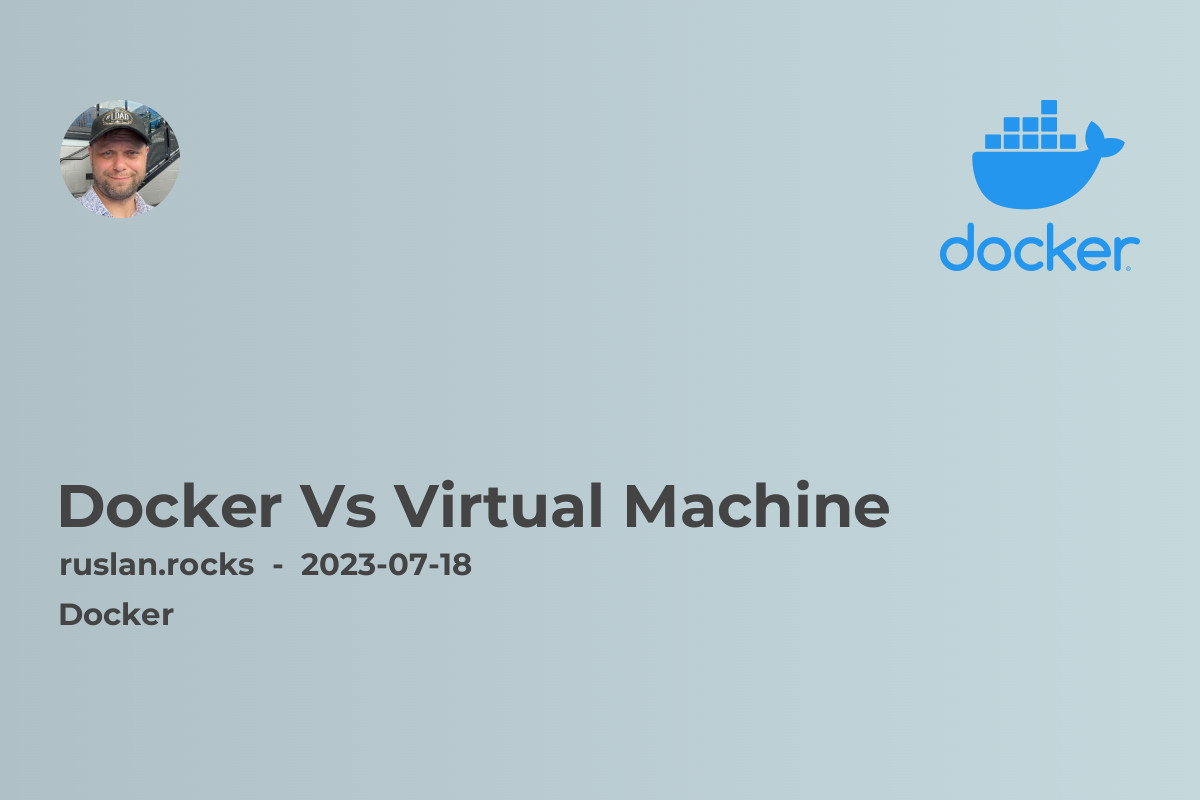- Docker: Lightweight Containerization
- Virtual Machines: Full System Virtualization
- Docker vs. Virtual Machines: Comparing Features and Benefits
- Choosing the Right Tool
- Related Topics

Docker and virtual machines (VMs) are both popular technologies used in the world of software development and deployment. But what exactly are Docker and VMs, and how do they differ? In this article, we will explore Docker and VMs, their benefits and drawbacks, and help you understand which one may be the better choice for your needs.
Docker: Lightweight Containerization
Docker is an open-source platform that utilizes containerization to simplify software development and deployment. With Docker, applications are packaged into containers that include everything needed to run, including code, libraries, and dependencies. These containers are isolated from each other and the host system, making them highly portable and efficient.
Docker containers are lightweight and fast to start, enabling quicker deployment and scaling of applications. They enable developers to build, test, and deploy applications consistently across different environments, from development to production.
Virtual Machines: Full System Virtualization
Virtual machines, on the other hand, use a different approach called full system virtualization. With VMs, a hypervisor virtualizes the hardware resources of a physical server, allowing multiple operating systems to run simultaneously on a single machine. Each VM has its own complete copy of the operating system, along with the necessary binaries, libraries, and applications.
VMs provide stronger isolation between applications and the host system, as each VM operates as an independent entity. They allow for the deployment of different operating systems on the same physical hardware, making it easier to manage and scale applications across various platforms.
Docker vs. Virtual Machines: Comparing Features and Benefits
Performance and Resource Utilization
Docker containers have a significant advantage over VMs in terms of performance and resource utilization. Since Docker containers share the same host operating system and its resources, they require less overhead compared to VMs. This results in faster startup times and lower memory footprint, making Docker ideal for rapidly scaling applications.
On the other hand, VMs have a larger footprint and typically require more memory and processing power. They provide stronger isolation, but this comes at the cost of increased resource utilization.
Portability and Scalability
Docker containers are highly portable due to their lightweight nature. They can easily be transferred between different environments without worrying about compatibility issues. With Docker, developers can build an application once and run it anywhere, ensuring consistency across various platforms.
VMs, although less portable, offer better compatibility with legacy systems and allow for the deployment of different operating systems. They are often used in scenarios where full isolation and compatibility are crucial, such as running multiple applications with different dependencies.
Security and Isolation
Both Docker containers and VMs provide isolation, but they differ in their security models. Docker containers share the host operating system's kernel, which means that if a vulnerability is present in the kernel, it affects all containers running on the same host. It is important to keep the host system and kernel up to date to prevent potential security issues.
VMs, on the other hand, provide stronger isolation as each VM runs its own kernel. This makes VMs more suitable for scenarios where security and isolation are critical, such as running untrusted applications or hosting multiple applications with different security requirements.
Choosing the Right Tool
The decision of whether to use Docker or VMs depends on your specific use case and requirements.
If you are looking for lightweight and portable containerization that allows for easy scaling and consistent application deployment, Docker is an excellent choice. It is particularly effective in modern application architectures where microservices are prevalent.
On the other hand, if you require stronger isolation, compatibility with legacy systems, or the ability to run multiple operating systems on the same physical hardware, VMs may be the better option.
When making your decision, consider the unique needs of your project and evaluate the advantages and disadvantages of each technology.
Related Topics
- Kubernetes Vs Docker Swarm: Which Container Orchestration Platform is Right for You?
- Introduction to Containerization
- Managing Microservices With Docker Swarm And Kubernetes
- What Is Docker Compose
- What Is Docker Image
In conclusion, Docker and virtual machines are both valuable tools in the world of software development and deployment. Understanding their similarities and differences will help you make an informed decision on which technology to choose for your specific use case. Whether you opt for the lightweight and portable nature of Docker or the stronger isolation and compatibility of VMs, both options have their advantages and can greatly enhance your software development workflow.
